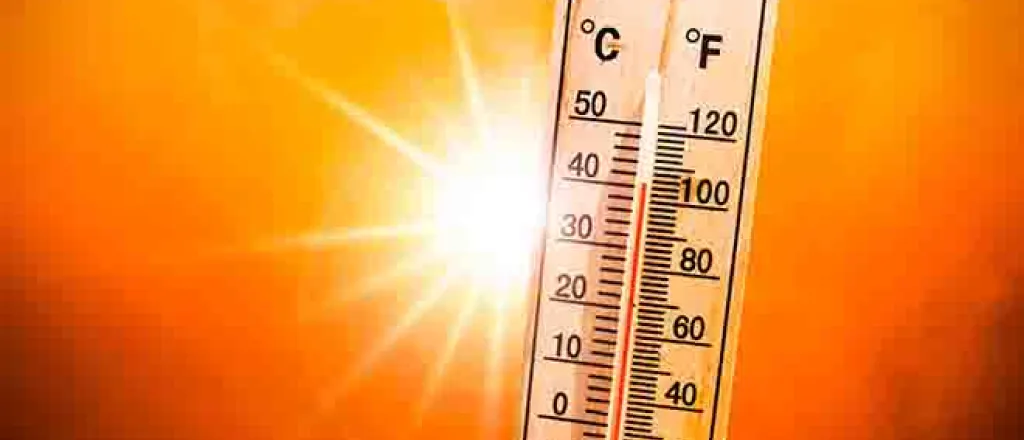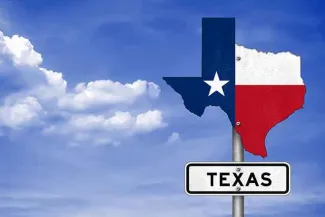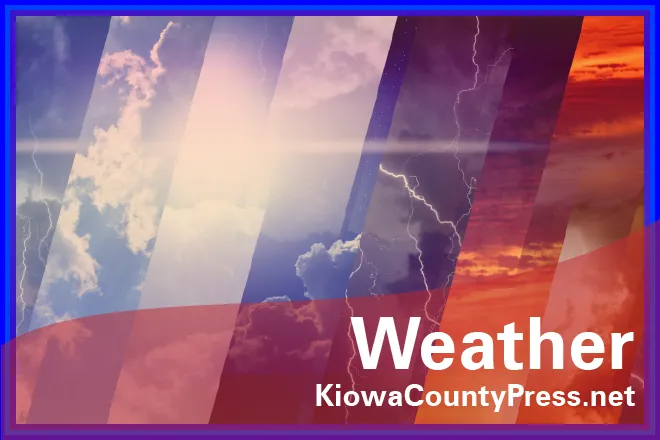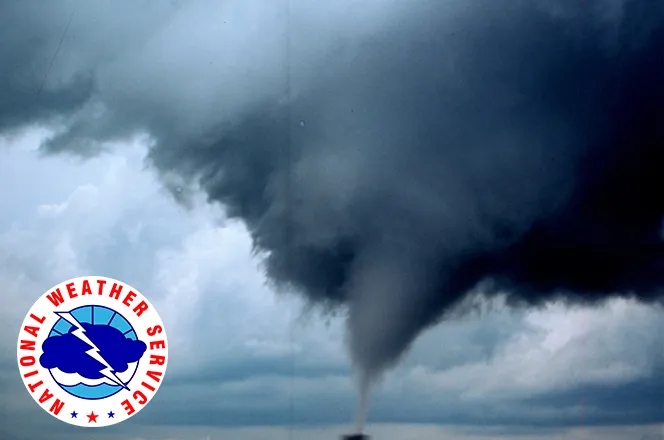
Triple-digit temperatures create health concerns for Texans
Click play to listen to this article.
(Texas News Service) The heat is already making it hard for Texans this summer with most regions reporting triple digit temperatures for multiple days.
The National Weather Service Climate Prediction Center said temperatures will be above normal for the rest of July for much of the state, making it dangerous and even deadly for people doing outside activities.

© iStock - gguy44
Afra Evans, registered nurse and clinical educator at Children's Health in Dallas, said in addition to staying hydrated and avoiding sugary drinks and alcoholic beverages you should also take extra precautions to stay safe.
"Wide brim hats, having that water with you, having the snacks with you," Evans suggested. "You can even buy like the tents, any way to keep shade on you. You don't want to be in direct sunlight. You want to wear strong enough sunscreen that has SPF 50 and higher."
Some signs of a heat emergency include fatigue, lightheadedness, clammy skin and nausea and vomiting. Evans stressed in an extreme cases, you need to seek medical attention.
In addition to protecting yourself and your family from the heat, you may be called on to help someone else in distress. Evans recommended if you have not taken a CPR class recently, it is probably time for a refresher.
"The requirements where you were doing certain things in a certain cadence have changed," Evans emphasized. "Even the sequence that you render CPR has changed. One of the biggest things is that we tell adults that we need to call 911 immediately to get the additional assistance that you have from EMS or emergency services."
She added a portion of the CPR classes can be taken virtually through the American Heart Association.
Virtual medical visits are also a great way to stay on top of your health care needs this summer.
Dr. Donna O'Shea, chief medical Officer of population health for UnitedHealthcare, said most insurance plans provide virtual and urgent care at no additional cost.
"It's much less expensive and more timely than going to an emergency room, with all, you know, the copays that ensue," O'Shea explained. "But also just the time since we know emergency room visits increase in the summer, that means longer waiting time for you to find out If you really even needed to be there."














